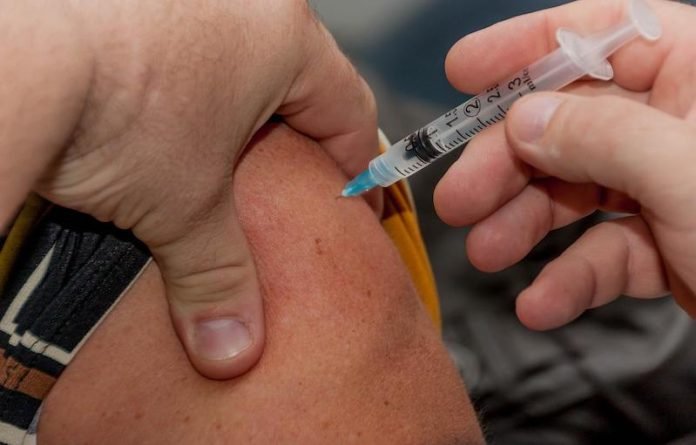
Vaccines can prevent infections effectively by training the immune system to recognize agents foreign to the body, such as viruses, and eliminate them.
Vaccines can trigger the immune system by presenting so-called antigens, such as proteins not normally present in the body, which are then recognized as foreign by the immune system and therefore trigger an immune response.
But it is less clear how vaccines fight against cancer.
In a recent study from Stanford University, scientists develop a new vaccine to prevent pancreatic cancer.
Tumor cells often contain unique antigens that are rare or not found in other tissues of the body and, like antigens from a virus, can be targeted for the immune system.
Previous research has found that induced pluripotent stem cells (iPSCs), which are stem cells generated from skin or blood cells through a method called reprogramming, produce a large set of antigens that overlap with a specific type of pancreatic cancer.
In this study, researchers used the knowledge that iPSCs produce antigens that are also found on different types of tumors, but not present in most normal tissue.
They then vaccinated mice with the iPSCs that were treated with irradiation, so that they would not divide, and a CpG adjuvant to stimulate a robust immune response.
They aimed to train the mice’s immune systems to mount a response against the iPSCs, or any type of cell with a similar antigen makeup, including cancer cells.
The team found the iPSC vaccination protected 75% of mice subsequently injected with pancreatic cancer cells from developing tumors.
Further, vaccination increased the number of tumor-targeting immune cells, and the vaccinated mice developed antibodies against the cancer cells.
What’s more, this strategy may also work for other cancer types with similar antigen makeup to iPSCs.
The team says more studies are needed to show if iPSC cancer vaccines are safe and effective in patients, both in preventing tumor growth or re-growth and in eliminating established tumors.
If you care about pancreatic cancer, please read studies about how to reduce pancreatic cancer spread by nearly 90%, and a new way to kill pancreatic cancer from within.
For more information about pancreatic cancer, please see recent studies about plant compound that may help pancreatic cancer patients, and results showing many people with pancreatic cancer are not prescribed cheap-but-essential drug.
The study is published in Stem Cell Reports and was conducted by Joseph Wu et al.
Copyright © 2022 Knowridge Science Report. All rights reserved.



